In today's world of changing technology, how companies advertise is changing a lot. Old-fashioned ways are being replaced by new ways that use smart technology like Artificial Intelligence (AI). AI is making a big difference in how businesses market online. It helps them make their ads better, make each customer's experience more personal, and make their business grow faster.
In this post, we talk about how AI is changing digital marketing and how businesses can use it to do better in today's competitive world.
AI in Digital Marketing
AI in digital marketing means using computer technology to make marketing better on the internet. It helps marketers do things like understand customers, predict what they might like, make content, talk to customers online, and figure out what people think about a brand.

How Can Digital Marketers Use AI?
Digital marketers can leverage AI in various ways to enhance their strategies and achieve better results. Here are some ways AI can be utilized in digital marketing:
- Personalized Content Recommendations
- Predictive Analytics
- Chatbots
AI-driven chatbots and virtual assistants can interact with customers in real-time, providing support, answering questions, and guiding them through the sales funnel. This enhances customer service and improves overall user experience.
- Content Creation and Curation
AI tools can generate content, such as blog posts, social media updates, and product descriptions, based on predefined parameters and user data. Additionally, AI can curate content from various sources to share with the target audience, saving time and effort for marketers.
- Sentiment Analysis
AI-powered sentiment analysis tools can monitor social media channels, forums, and review sites to gauge public opinion about a brand, product, or service. Marketers can use this data to understand customer sentiment, identify potential issues, and tailor their messaging accordingly.
- Optimized Advertising Campaigns
AI algorithms can optimize advertising campaigns in real-time by analyzing performance metrics, audience demographics, and market trends. This allows marketers to adjust targeting, bidding strategies, and ad creatives to maximize ROI.
- Lead Scoring and Segmentation
AI can analyze customer data to score leads based on their likelihood to convert and segment them into different categories. This helps marketers prioritize leads and tailor their marketing efforts to specific audience segments.
- Email Marketing Automation
AI-powered email marketing platforms can automate various aspects of email campaigns, such as sending personalized messages, segmenting subscribers, and optimizing send times. This increases email engagement and conversion rates.
- SEO and Content Optimization
AI tools can analyze search engine algorithms, keywords, and user intent to optimize website content for better search engine rankings. Additionally, AI can identify content gaps and suggest topics to improve overall SEO performance.
- Customer Insights and Analytics
AI algorithms can analyze vast amounts of customer data to uncover actionable insights and trends that might not be apparent through traditional methods. Marketers can use these insights to refine their strategies and enhance customer experiences.
By leveraging AI technologies, digital marketers can streamline processes, improve targeting and personalization, and ultimately drive better results across various channels and platforms.

Pros and Cons of AI in Digital Marketing
AI has brought significant changes to the field of digital marketing, offering various advantages and disadvantages. Here are some of the key pros and cons:
Pros:
1. Data Analysis and Insights - AI-powered tools can analyze vast amounts of data quickly and efficiently, providing valuable insights into consumer behavior, preferences, and trends. This allows marketers to make data-driven decisions and personalize marketing strategies.
2. Automation - AI automates repetitive tasks such as email marketing, content curation, and social media posting, freeing up time for marketers to focus on more strategic activities. This leads to increased efficiency and productivity.
3. Personalization - AI enables marketers to deliver personalized content and recommendations to individual users based on their preferences, browsing history, and demographics. This improves the customer experience and increases engagement and conversion rates.
4. Predictive Analytics - AI algorithms can predict future trends and outcomes based on historical data, helping marketers anticipate customer needs and preferences. This allows for proactive marketing strategies and better targeting of potential customers.
5. Improved ROI - By optimizing marketing campaigns and targeting the right audience with personalized content, AI can help improve return on investment (ROI) for marketing activities.
Cons:
1. Privacy Concerns - The use of AI in digital marketing raises concerns about data privacy and security. Marketers must be careful to comply with regulations such as GDPR and ensure that customer data is handled responsibly.
2. Overreliance on Algorithms - Relying too heavily on AI algorithms can lead to a lack of human oversight and intuition in marketing decisions. Marketers should use AI as a tool to enhance their strategies rather than replace human judgment entirely.
3. Bias in Data - AI algorithms can perpetuate biases present in the data they are trained on, leading to unfair or discriminatory outcomes. Marketers need to be aware of these biases and take steps to mitigate them.
4. Initial Investment and Training - Implementing AI technology in digital marketing requires a significant initial investment in terms of both time and resources. Additionally, marketers need to undergo training to understand how to effectively use AI tools and interpret the insights they provide.
5. Lack of Creativity - While AI can analyze data and optimize processes, it lacks human creativity and intuition. Marketers should be cautious not to sacrifice creativity and innovation in favor of purely data-driven strategies.
Overall, while AI offers numerous benefits for digital marketing, it is essential for marketers to approach its implementation thoughtfully and ethically to maximize its potential while minimizing potential drawbacks.

5 AI Tools for Digital Marketers
Here are five AI tools that were popular among digital marketers for various tasks:
1. Jasper
Jasper is an artificial intelligence tool that was specifically designed to assist with online marketing strategies. By analyzing a brand’s style guide and existing content, Jasper can generate copy and content written in a brand’s own voice.
This tool proves especially valuable in crafting engaging content for paid search platform advertisements and landing pages.
Google Analytics incorporates machine learning algorithms to provide insights into website traffic, user behavior, and conversion optimization. Features like Smart Goals, Smart Lists, and automated insights leverage AI to help marketers make data-driven decisions.
3. ChatGPT
ChatGPT, or similar conversational AI platforms, can be utilized for chatbots and virtual assistants on websites and messaging platforms. These AI-powered bots can engage with customers, answer queries, and provide personalized recommendations, thereby enhancing customer experience and lead generation.
4. SmartWriter
SmartWriter is an AI-powered writing assistant designed to help digital marketers create engaging and high-quality content. It can generate topic ideas, provide suggestions for improving readability and SEO, and even write drafts based on provided prompts.
SmartWriter's capabilities include content optimization, grammar checking, and generating outlines, making it a valuable tool for content creation and marketing campaigns.
5. Optimizely
Optimizely is an experimentation platform that uses AI and machine learning to facilitate A/B testing, personalization, and optimization of website content and user experiences. Marketers can leverage Optimizely to test different variations of landing pages, CTAs, and other elements to improve conversion rates and user engagement.
These tools represent just a sample of the AI-driven technologies available to digital marketers. The best tool for any specific marketer will depend on their unique needs, goals, and budget. Always consider thoroughly researching and testing different options to find the best fit for your marketing strategy.
Conclusion
Artificial Intelligence (AI) is changing marketing a lot. To do well, it's important to watch for new trends and try out new AI tools.
When you use AI in your marketing in ways that fit your business, you can make things work better. You'll save time, make more money, and give customers better experiences.
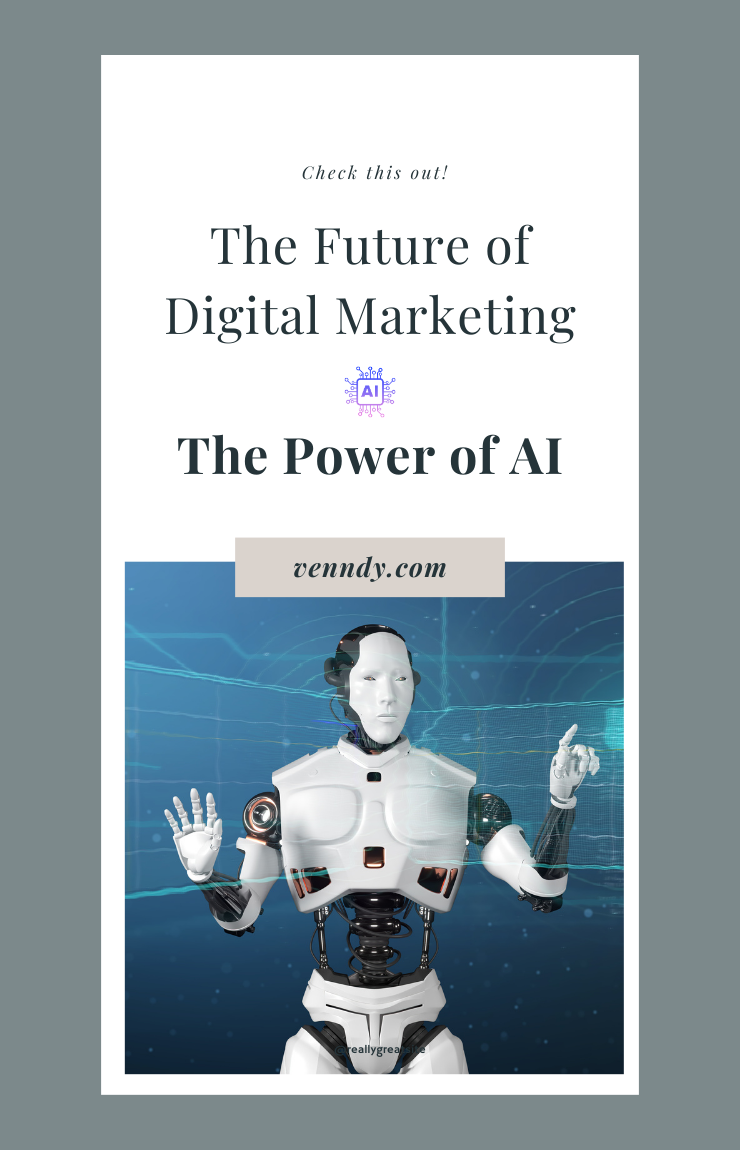
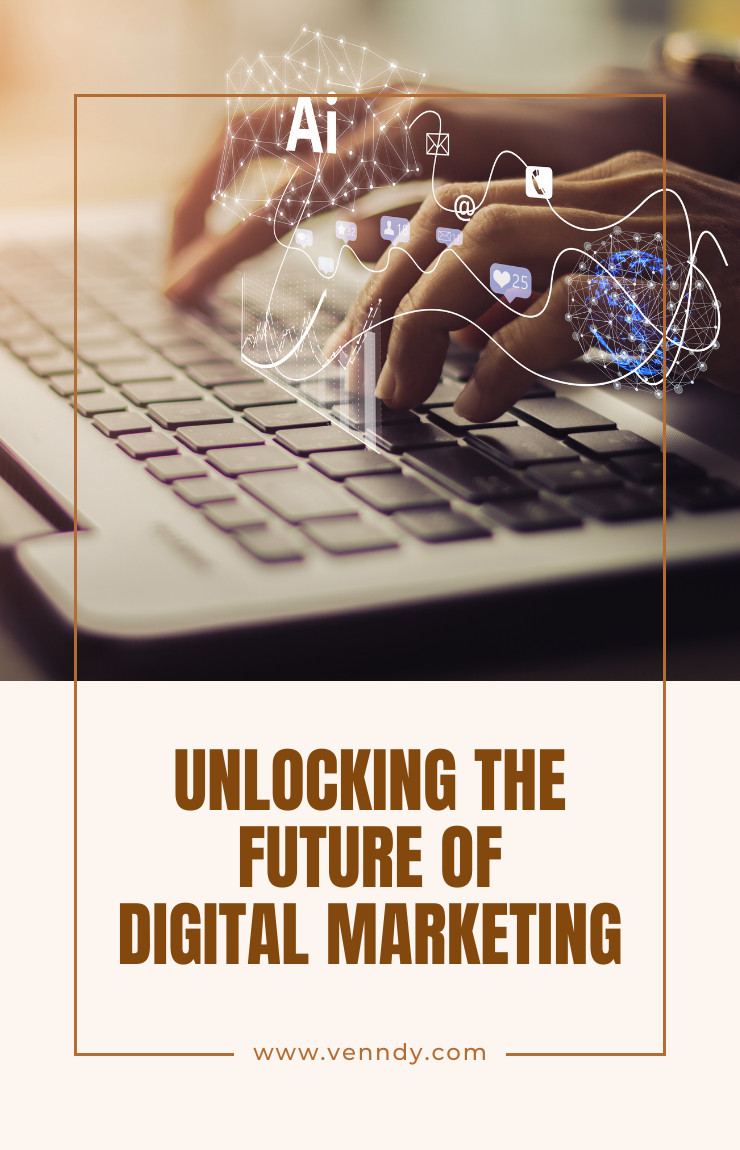
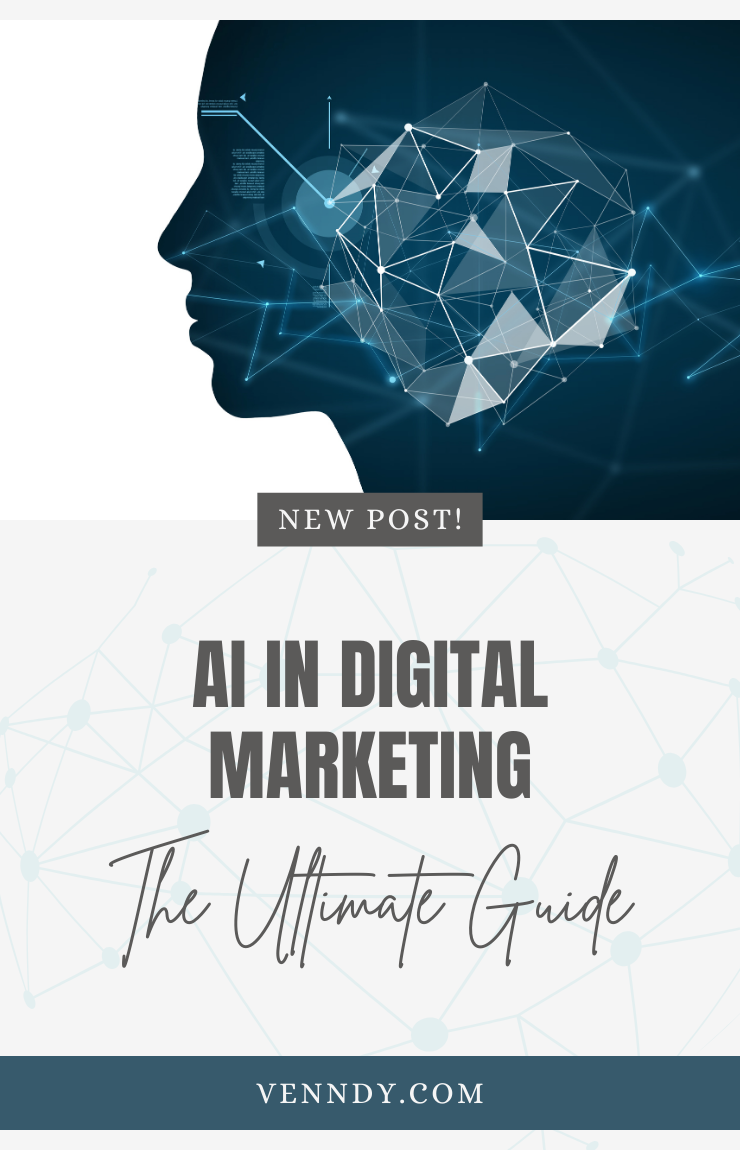

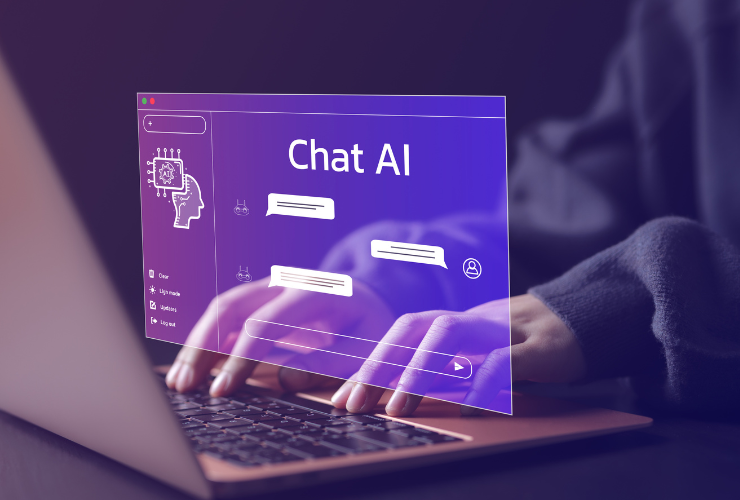

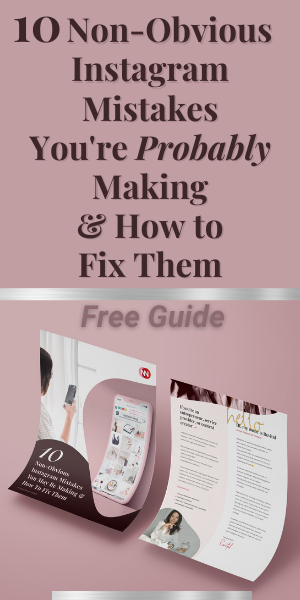


You can choose to comment as a guest.